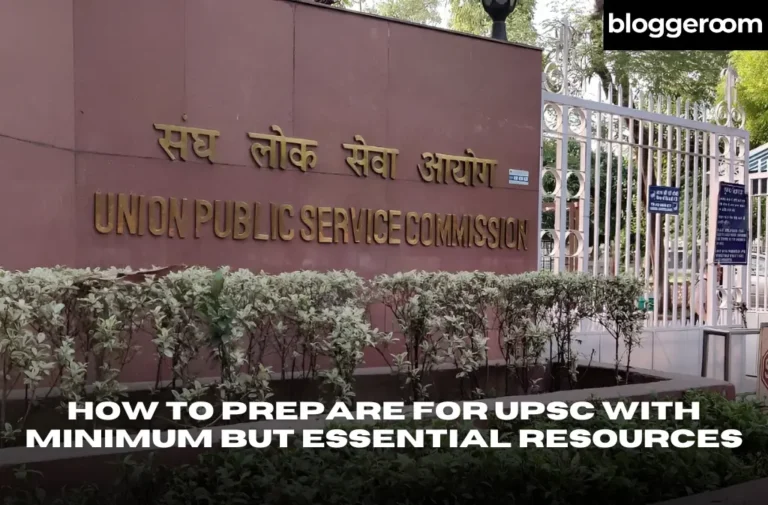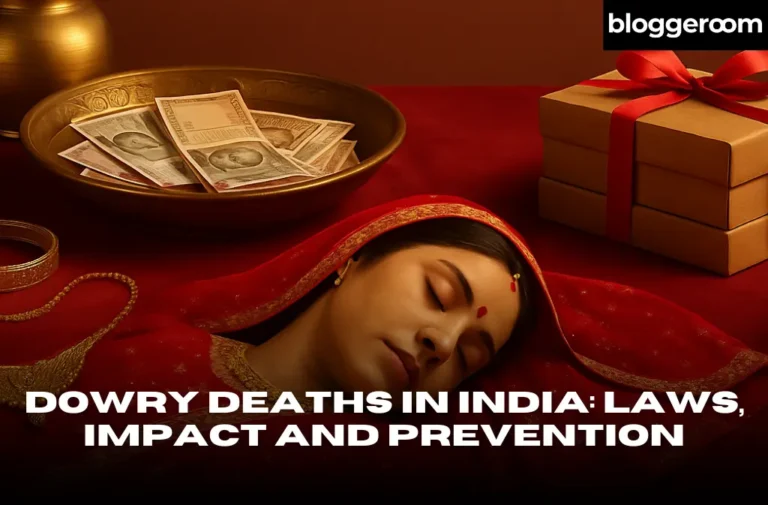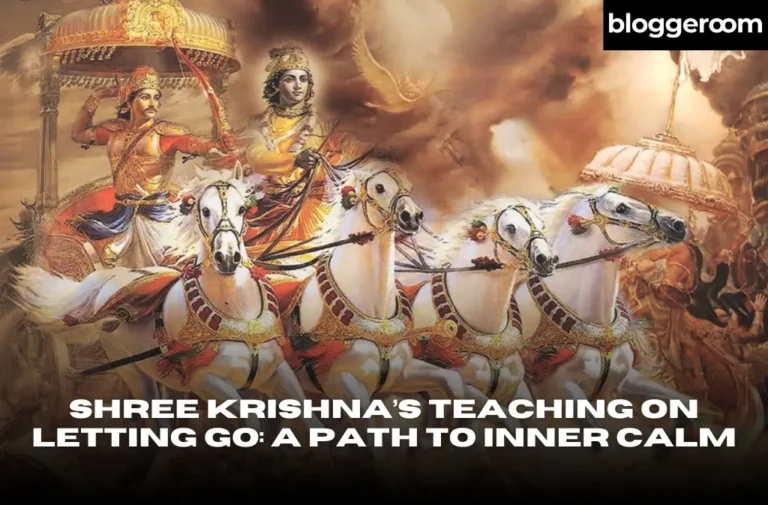ECI Launches SIR Voter List Drive in Bihar
With Bihar gearing up for its 2025 Legislative Assembly Elections, a sweeping electoral roll verification exercise — the Special Intensive Revision (SIR) — is underway. Conducted by the Election Commission of India (ECI), this unprecedented drive aims to clean, update, and verify the state’s massive voter database ahead of the polls expected later this year.
But what exactly is SIR, and why is it becoming one of the most politically sensitive pre-election issues?
What Is the Special Intensive Revision?
The SIR is a full-scale door-to-door verification of voter information — far more detailed than routine revisions. Under Rule 25(2) of the Registration of Electors Rules, 1960, the ECI can direct electoral rolls to be redrawn from scratch, especially if large-scale demographic changes warrant it.
Bihar is the first state in over two decades to face this type of revision. The goal: ensure only eligible, verifiable Indian citizens are listed to vote in the upcoming elections. Every voter — except those listed in the 2003 electoral roll — is required to provide documented proof of citizenship, age, and residence.
Why is ECI Targeting Bihar?
Bihar has witnessed significant urban migration and population shifts since the last such revision. The ECI argues that a major overhaul is necessary to eliminate duplicate, deceased, or migrated voters and protect electoral integrity.
However, critics question the timing — just months ahead of assembly elections — and the method, especially the strict document requirements, which many fear will disproportionately impact poor and marginalised communities.
What Has the SIR Revealed So Far?
The Election Commission commenced the SIR process on July 1, aiming to finalize and release the updated rolls by August 1, 2025. Here’s what has emerged:
- As per the latest revision figures, about 6.6% of all voters—roughly 52.3 lakh—have been categorized as ineligible for various reasons.
- 18 lakh: deceased
- 26 lakh: shifted or untraceable
- 7 lakh: duplicate entries
- 1,200: possibly foreign nationals
- 18 lakh: deceased
- 2.88 crore enumeration forms have been received as of mid-July, representing about 36% of the eligible voters.
- Around 35 lakh voters found untraceable were sent notices to confirm their identity by July 25.
In all, nearly 4.8 lakh volunteers and 78,000 booth-level officers have been deployed to carry out this state-wide survey.
Legal and Political Backlash
The rollout of SIR has triggered major political unrest:
- The INDIA bloc, including RJD, Congress, and Left parties, claims that the revision targets poor, Dalit, Muslim, and migrant communities who may lack access to multiple documents.
- Tejashwi Yadav, RJD leader, labeled the process “discriminatory,” warning that voters in rural and backward areas might be disenfranchised.
- JDU MPs — part of the ruling NDA — have also raised objections, calling the process “impractical” and urging the ECI to extend deadlines.
The matter even reached the Supreme Court, where petitions challenged the SIR’s legality and its potential exclusionary effects. While the Court declined to stay the process, it advised the ECI to consider accepting Aadhaar cards, ration cards, and voter IDs as valid proof.
What Happens Next?
The final electoral roll will be published on August 1, 2025, and will serve as the foundation for Bihar’s upcoming election. Political parties are closely watching the numbers, especially in districts like Seemanchal and Muzaffarpur — areas with large minority and migrant populations.
Meanwhile, the ECI insists the process is transparent, technologically robust (using GIS mapping), and inclusive. It has sent over 57 million SMS alerts, encouraged digital uploads, and involved thousands of party-nominated Booth Level Agents (BLAs) to ensure fairness.
Conclusion
SIR is more than a bureaucratic exercise — it’s emerging as a defining factor in the 2025 Bihar Assembly election. With questions around voter suppression, legal clarity, and timing, the revision has become a battleground of trust between the state, the Election Commission, and the people.
As the state awaits the final voter rolls, the SIR may well shape who gets to vote — and ultimately, who gets to rule Bihar.
Liked what you read? Explore more of our stories, share your thoughts in the comments, and check out our Trustpilot reviews to see what others are saying.







